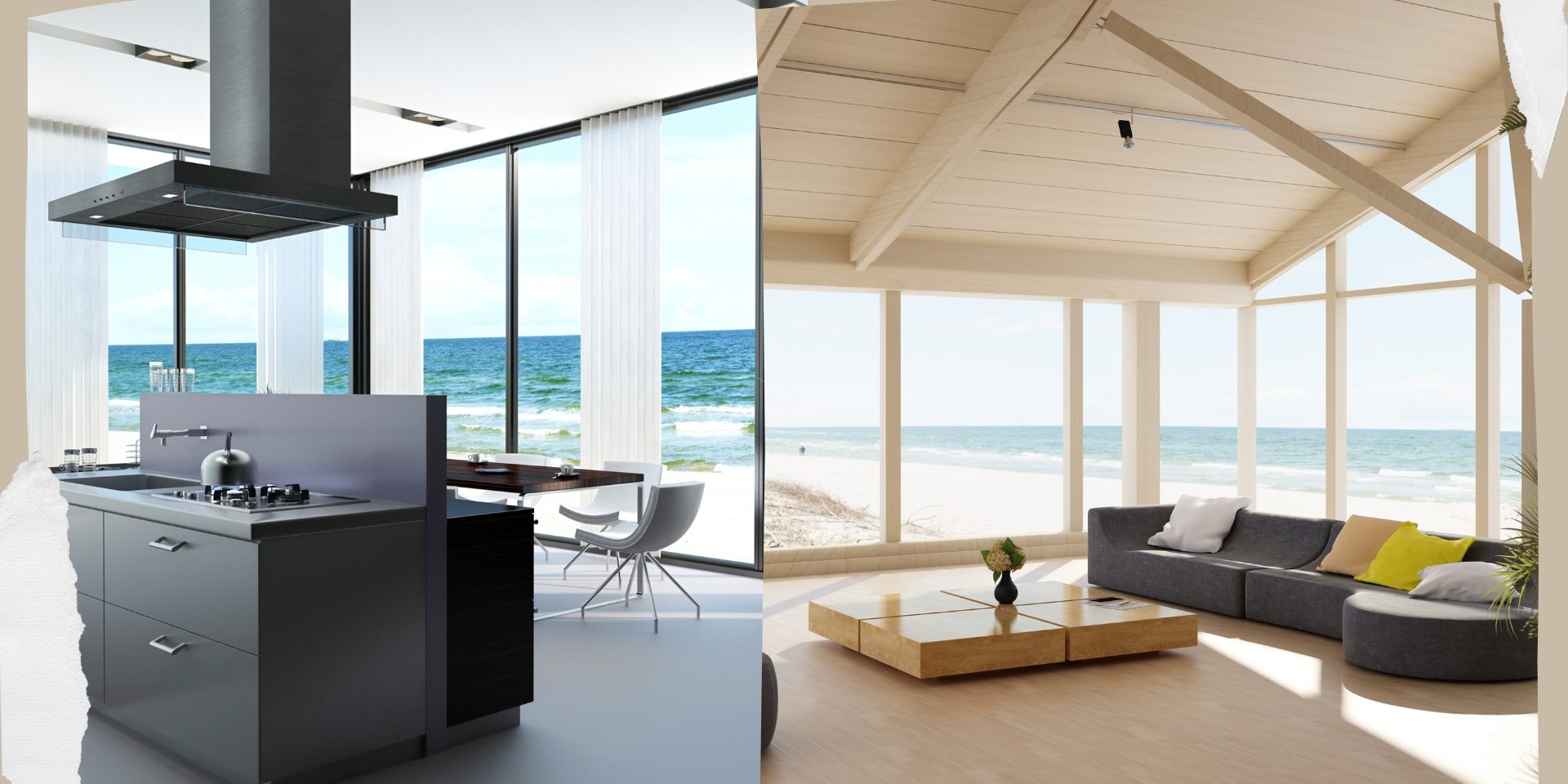All Categories
Featured
Table of Contents
Double Glazed Windows Sydney & Replacement Windows in Duncraig WA
Laminated glass is often utilized in locations in the house most vulnerable to injury from human impact such as restrooms, doors, around staircases and in areas close to the flooring (it fulfills the requirements of 'shatterproof glass' that is mandated for use in these areas by Australian Basic AS 1288 Glass in structures).
Toughened glass has been 'tempered' by being reheated and rapidly cooled once again. This procedure makes it much more powerful than standard glass it can resist greater effect loads prior to breaking. It also makes it more secure due to the fact that, when it does shatter, it burglarizes many little cubic pieces instead of harmful fragments.
Windows Of Opportunity: Your Guide To High-performance ... in Secret Harbour Perth
Toughened glass has no thermal or acoustic advantages over other glass of the same toning or density. Secondary glazing is where single-glazed windows are retrofitted with a transparent acrylic or glass sheet connected to the within the frame or openable sash with a secondary frame or with magnetic strips.


Secondary glazing will not perform also thermally as a produced IGU, given that it is difficult to completely seal the boundary, but it can supply good sound control. Window films are a thin polymer movie including a soaking up color or reflective metal layer, with an adhesive backing. They stick to your glazing to alter its colour or make it reflective.
Techniques For Double Glazing Windows in Midvale Western Australia
Applied to existing glass, some window films can cut in half the general SHGC of the window by soaking up and/or showing solar radiation. This can be particularly beneficial in hotter environments where cooling is the main issue, or on east and west elevations straight exposed to long periods of sunshine. However, window movies might also decrease visible light transmittance.

For this factor, it is normally best to use an accredited installer of window film. Frames have a considerable effect on the thermal performance of windows and doors, since energy can be gained and lost through the frame, as well as through the glass. Different types of frame will permit various levels of heat gain and loss, so careful choice of frame is essential for reliable passive design.
Buy Double Glazed Upvc Sliding Doors In Sydney in Ardross WA
Nevertheless, aluminium is likewise a great conductor of heat and will reduce the insulating worth of a glazing system, unless specifically crafted to decrease this. A 'thermally broken' frame is comprised of 2 aluminium sections linked by a structural insulator (normally a low-conductivity structural polymer). This 'breaks' the thermal connection through the aluminium and lowers the heat flowing through the frame.
Wood frames are a great natural insulator that can match some house designs. Wood frames ought to be made from species that have naturally high durability or be treated to prevent decay and deformation.
Why Double-glazed Windows Are A Must in Ridgewood Perth
This can result in gaps that enable air infiltration unless good draught sealing (weather stripping) is set up. u, PVC is a form of plastic (unplasticised polyvinyl chloride, also referred to as rigid PVC). u, PVC frames provide outstanding thermal performance, frequently better than wood or thermally broken aluminium. u, PVC is long enduring and needs very little upkeep, and can be moulded into intricate profiles that offer outstanding air seals.
u, PVC doors and windows have excellent thermal efficiency Picture: Ben Wrigley (Light Home Architecture and Science) Composite frames utilize aluminium profiles on the external areas with either a lumber or u, PVC inner section. These integrate the low maintenance and resilience of aluminium with much improved thermal efficiency.
Table of Contents
Latest Posts
Which Type Of Glass Is Best For Energy Efficiency? - A&l Windows in Medina WA
Double Glazing Versus Secondary Glazing in East Victoria Park Western Australia
A Complete Guide To Double Glazed Windows in Kewdale Perth
More
Latest Posts
Which Type Of Glass Is Best For Energy Efficiency? - A&l Windows in Medina WA
Double Glazing Versus Secondary Glazing in East Victoria Park Western Australia
A Complete Guide To Double Glazed Windows in Kewdale Perth